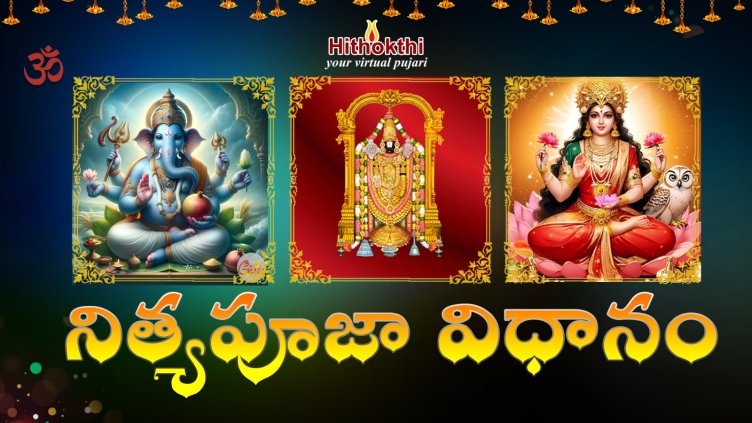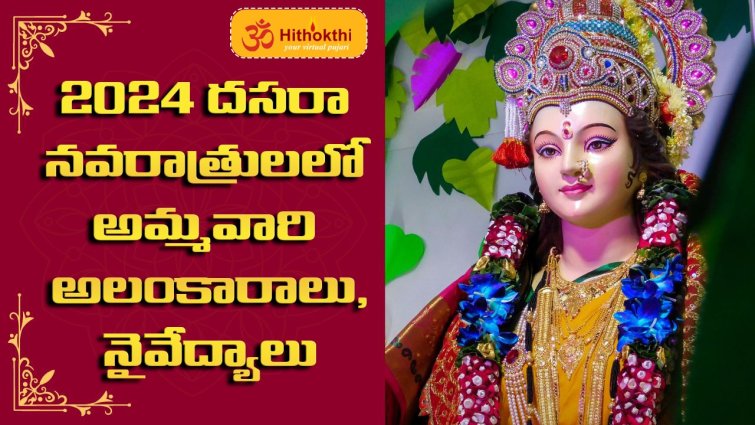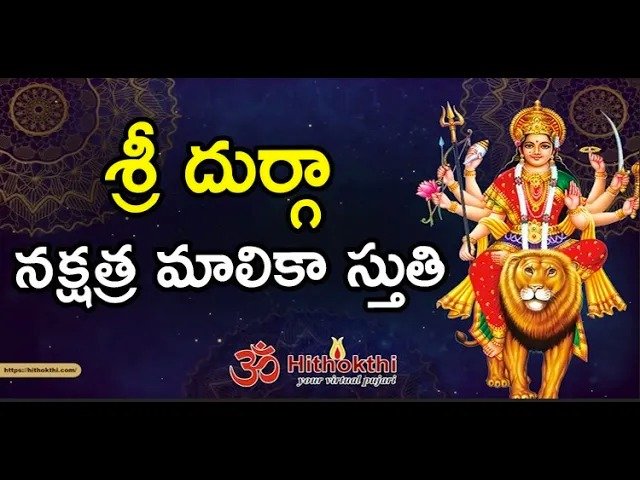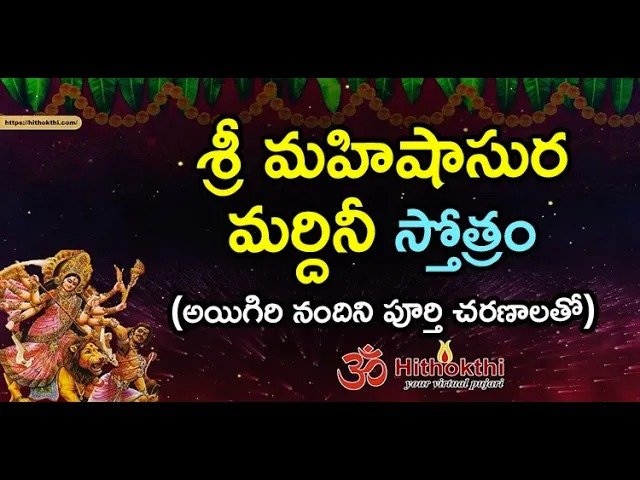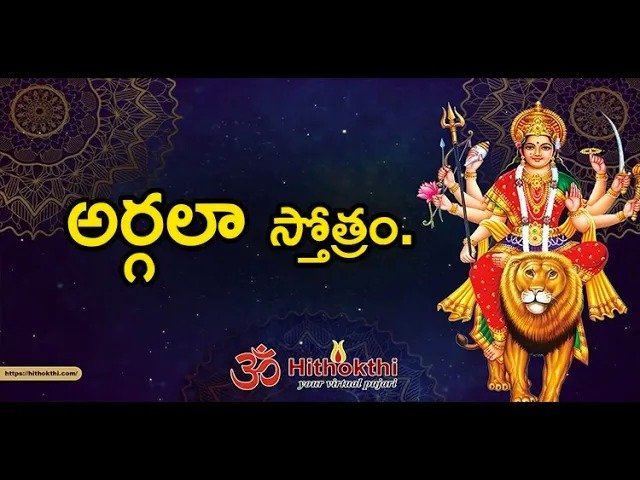Be leaders in your communities and causes and ambassadors of a truly progressive religion – By Murali Balaji
A few months ago, I was having coffee with an acquaintance of mine, a progressive of Indian descent, when I told her that I was leaving my professor role and academia altogether to take a position with the Hindu American Foundation, an organization established 10 years ago to advance pluralism and fair representation of Hindus.
"Isn't that a Hindu nationalist group?" she asked, perplexed as to why I would leave "the struggle" -- loosely defined as the fight against racism, sexism, homophobia, economic inequality, environmental abuse and state oppression, among other things. She seemed to think that I had somehow forsaken my progressive credentials the moment I embraced anything with the term "Hindu."
Alas, my acquaintance isn't the only person who feels this way. Among many intellectuals and activists of South Asian and Hindu descent, Hinduism is seen as a backwards and even reactionary religion worshipped by our immigrant parents and not applicable to our experience as second- and third-generation Americans. I could not disagree more with that sentiment.
The problem stems partially from the notion that Hinduism and progressivism are somehow antithetical. For example, some intellectuals and activists from the Indian, diasporic community have linked racial discrimination in the United States with caste discrimination in India, a problematic and inaccurate comparison to say the least. Without getting into an in-depth discourse on caste, the conflation of caste with Hinduism -- and Hindus -- has fueled the perception among some that the religion is somehow a facilitator of oppression. For example, many Indian social restrictions that have been imported to America are not inherently Hindu, nor do they have any religious sanction. Additionally, the sometimes tense relationships between Indian-Americans and other communities of color has led some folks to claim that racism or racialism is somehow connected to the Hindu religion. Maybe that's why a number of my progressive colleagues are so reluctant to identify as Hindu.
But another issue might be the lack of recognition or even understanding of the religion's call to service, social justice and equality, given that Hinduism is often egregiously misidentified as an inward, renouncing-the-world religious philosophy. While Christian, Jewish and Muslim progressives use their faith -- and scriptures -- as justification for action, some Hindu progressives are not as willing to wed the two. Ironically, the term sevais precisely that -- one's spiritual duty for selfless action. In fact, some Hindu academics and intellectuals I know refuse to self-identify (or they tell me that they were raised Hindu).
Activists also lay a number of grievances -- homophobia, racism, sexism and other "isms" -- at the feet of Hinduism. But Hinduism has served a guide for those seeking to make change in the world. Look no further than Mahatma Gandhi, whose life inspired Martin Luther King Jr., Nelson Mandela and Ang Suu Kyi, to name a few. It has been a foundation for noted ecofeminist and globalization critic, Vandana Shiva, who uses Hindu texts such as theBhagavad Gita to explain her activism. It has helped Rep. Tulsi Gabbard, the lone Hindu in Congress, champion causes such as women's rights in the military and co-sponsor the Respect for Marriage Act, a repeal of DOMA. A number of the contributors in my co-edited anthology, Desi Rap, also acknowledged their faith as both a source for their activism and their music.
Perhaps progressives view these cases exceptions rather than a rule. Hindu temples aren't in the inner cities and Hindu groups -- representing the diversity of the Hindu diaspora -- aren't always on the same page in terms of their activism. Some of my friends admit that their parents' cultural conservatism turned them away from Hinduism, despite conservative viewpoints and social isolation being antithetical to Hindu philosophy.
I've gotten the same sentiment from Hindus in academia -- particularly in the humanities -- who view embracing their goal of creating knowledge capital at the expense of their faith. Among many postcolonial scholars, for example, Hinduism has become a representative of patriarchal oppression, despite no concrete evidence pointing to gender hierarchies in the religion. After all, Hinduism is the one major religion that has embraced female representations of God, worshipped women as saints and featured women in starring roles as embodiments of ancient feminism in religious texts.
Hinduism has also championed anti-poverty (contrary to perceptions that Hindus are somehow supposed to be detached from the world). In the Bhagavad Gita and Upanishads, charity for the poor -- without expectation of acknowledgment or praise -- is seen as sacred duty. Similarly, numerous Hindu texts not only condemn discrimination, they uphold the idea that all beings are equal -- an idea that has somehow been lost through revisionist and Eurocentric writings about the religion.
Does this mean that Hinduism, like any other religion, is above critique? Of course not. But we can be critical of how caste is practiced today and be proud of our religious identities. We can condemn patriarchy, speak for the voiceless, champion the protection of Mother Earth and take leading roles in various progressive roles because these actions are consistent with our dharma. Most importantly, young progressives who identify as Hindu can work with their counterparts of other faiths -- and atheists -- to bring about more informed discourses about pluralism in public life while helping to push for positive social change.
So to those young Hindus struggling to reconcile your faith and your progressivism, understand that it's not an either/or dilemma. Be leaders in your communities and causesand ambassadors of a truly progressive religion.
Murali Balaji is Hindu American Foundation’s Director of Education and Curriculam Reform
Source: Huffpost Religion, July 25, 2013

